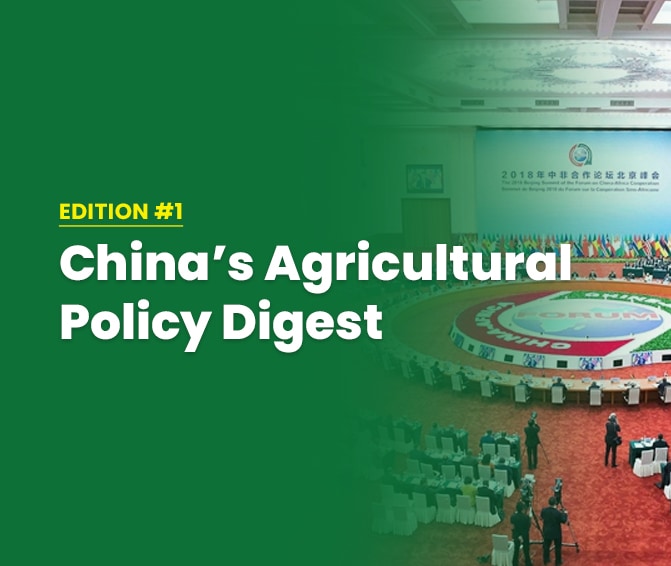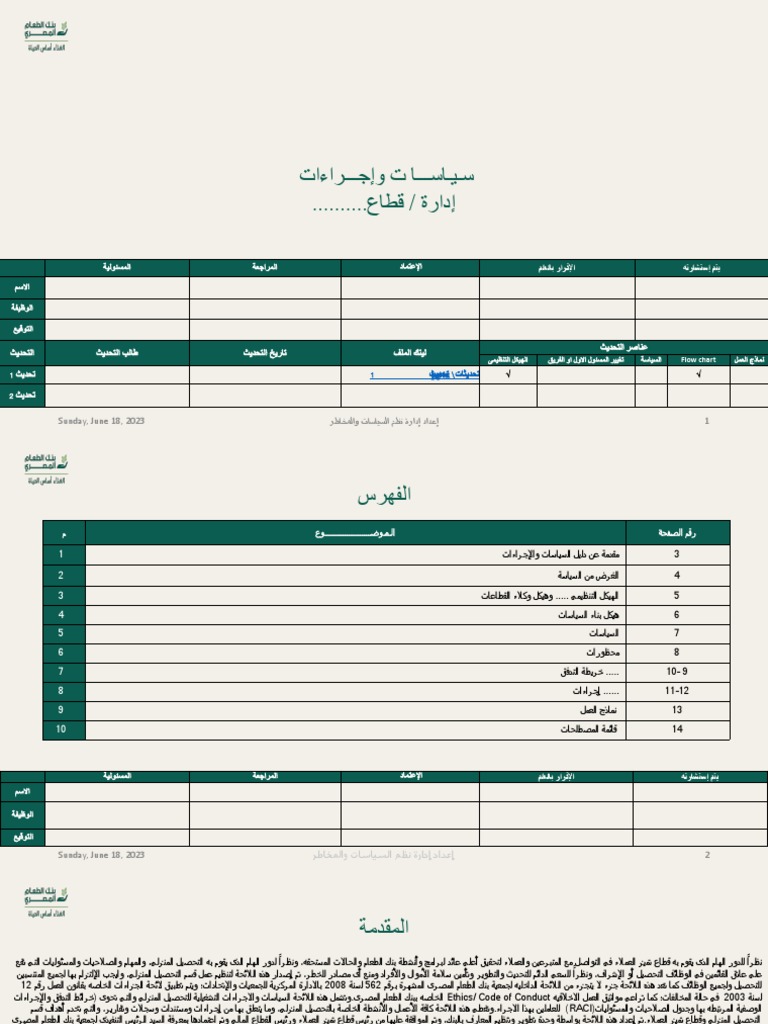Assessing Reform UK's Agricultural Policies: Trust And Delivery

Table of Contents
Reform UK's Stated Agricultural Policy Goals
Reform UK's agricultural policy objectives center around a shift away from the current system, characterized by what they perceive as excessive bureaucracy and ineffective environmental protection. Their core promises revolve around empowering farmers, bolstering food security, and simplifying regulations. They aim to achieve this through a more market-oriented approach, reducing government intervention.
- Specific policy proposals: Reform UK advocates for significant reductions or elimination of direct payments to farmers, arguing that these distort the market. Instead, they propose focusing on policies that support environmental stewardship through market mechanisms and incentivizing profitable, sustainable farming practices. Food security is to be ensured through a reduction in reliance on imports and promotion of domestic production. They promise significant simplification of existing regulations to reduce administrative burdens on farmers.
- Target audience: While their policies aim to benefit consumers through potentially lower food prices and increased domestic food availability, the primary target audience is the farming community itself. They aim to create a more resilient and profitable agricultural sector. Environmental concerns are also addressed through market-based incentives.
- Promises regarding simplification of existing regulations: Reform UK emphasizes cutting red tape and streamlining the regulatory framework, arguing that the current system is overly complex and burdens farmers with unnecessary compliance costs. They pledge to create a simpler, more efficient system.
Analysis of Reform UK's Policy Proposals
Analyzing Reform UK's proposals reveals both strengths and weaknesses.
- Strengths: The focus on market-led solutions could potentially increase efficiency and innovation within the agricultural sector. Reduced bureaucracy could ease the administrative burden on farmers. A greater emphasis on domestic food production could contribute to national food security.
- Weaknesses and potential drawbacks: The drastic reduction or elimination of direct payments could severely impact the viability of many farms, especially smaller, less efficient operations. The reliance on market mechanisms to achieve environmental goals might not be sufficient, potentially leading to environmental degradation. The transition could also lead to job losses in certain sectors. The actual economic benefits and food price impacts are difficult to predict without detailed modeling.
- Comparison with existing policies and those of other political parties: Compared to other parties that generally support continued government subsidies, Reform UK's approach is significantly more radical and market-driven. This sets them apart but also introduces considerable uncertainty regarding its impact.
- Potential effects on food prices and consumer access: While reduced regulation could theoretically lead to lower food prices, the elimination of direct payments could lead to farm consolidation and increased food prices due to reduced supply.
Trust and Transparency in Reform UK's Agricultural Policy
Assessing the transparency surrounding Reform UK's agricultural plans reveals a mixed picture. While they have articulated broad objectives, the specific details and mechanisms for achieving their goals remain relatively sparse.
- Evaluation of Reform UK's communication strategy regarding agricultural policy: Their communication efforts have focused on highlighting the inefficiencies of the current system, rather than offering comprehensive, detailed policy proposals.
- Analysis of public perception and media coverage of their proposals: Media coverage has been varied, ranging from enthusiastic support to strong criticism, reflecting the controversial nature of their proposed changes. Public perception is likely divided, with uncertainty prevailing.
- Discussion of the party's commitment to consultation and engagement with stakeholders: The extent of their engagement with farmers and other stakeholders remains unclear, potentially hindering the development of effective and widely accepted policies.
- Assessment of potential conflicts of interest: An assessment of potential conflicts of interest within the party's decision-making processes concerning agricultural policy is crucial for building public trust.
Delivery and Implementation Challenges
Implementing Reform UK's agricultural policies would face significant challenges.
- Financial implications of proposed changes: The financial implications of drastically reducing or eliminating direct payments are substantial and could lead to significant social and economic disruption in rural communities.
- Legislative hurdles and potential resistance from other stakeholders: Gaining parliamentary support for such radical changes would be difficult, and opposition from farmers, environmental groups, and other stakeholders is highly likely.
- Practical challenges in transitioning from existing policies to Reform UK's proposals: The transition would require careful planning and management to avoid widespread negative consequences for the agricultural sector.
- Timeframe for implementation and expected outcomes: A realistic timeframe for implementation and clear, measurable indicators of success are necessary to assess the effectiveness of the reforms.
Conclusion
Reform UK's agricultural policies present a radical departure from the current system, promising simplification and market-led solutions. However, concerns regarding the potential negative impacts on farmers, food security, and the environment remain. The lack of detailed policy proposals and transparent communication hinders the assessment of their feasibility and potential for success. Building trust requires more detailed information, transparent consultation, and a clearly articulated plan for a just transition. Understanding Reform UK's agricultural plans, evaluating Reform UK agricultural policy, and scrutinising Reform UK's agricultural proposals are crucial for informed debate about the future of UK agriculture. We urge readers to delve deeper into the available information and actively participate in shaping the future of UK farming.

Featured Posts
-
 Liverpools Contract Strategy For Mo Salah A Risky Gamble
May 03, 2025
Liverpools Contract Strategy For Mo Salah A Risky Gamble
May 03, 2025 -
 Wrqt Syasat Aqtsadyt Amant Alastthmar Fy Aljbht Alwtnyt
May 03, 2025
Wrqt Syasat Aqtsadyt Amant Alastthmar Fy Aljbht Alwtnyt
May 03, 2025 -
 Six Key Factors Determining The Success Of A Harry Potter Remake
May 03, 2025
Six Key Factors Determining The Success Of A Harry Potter Remake
May 03, 2025 -
 Australian Officials Address Growing Presence Of Chinese Vessels Near Sydney
May 03, 2025
Australian Officials Address Growing Presence Of Chinese Vessels Near Sydney
May 03, 2025 -
 Riot Platforms Inc Early Warning Report Key Details And Implications
May 03, 2025
Riot Platforms Inc Early Warning Report Key Details And Implications
May 03, 2025
